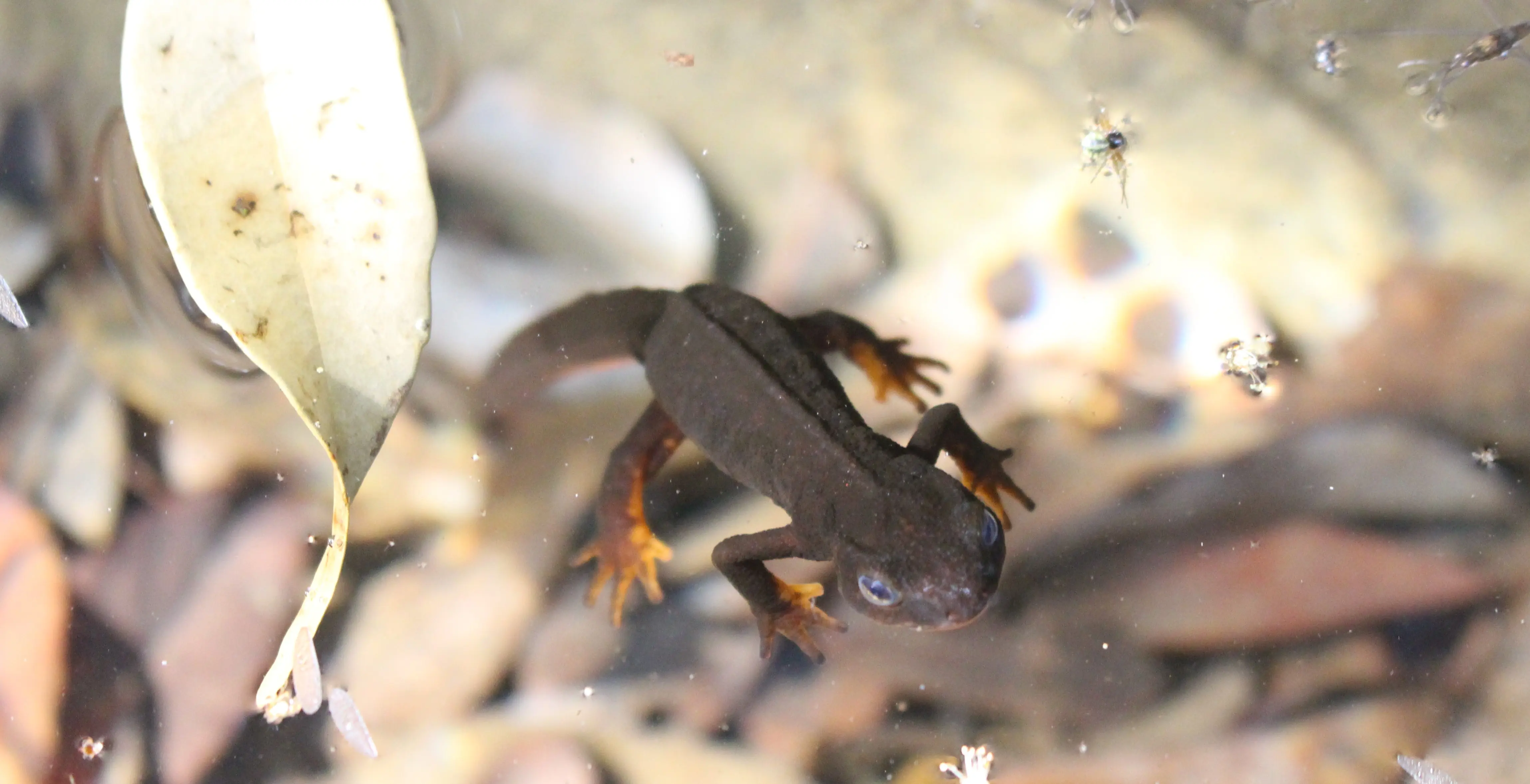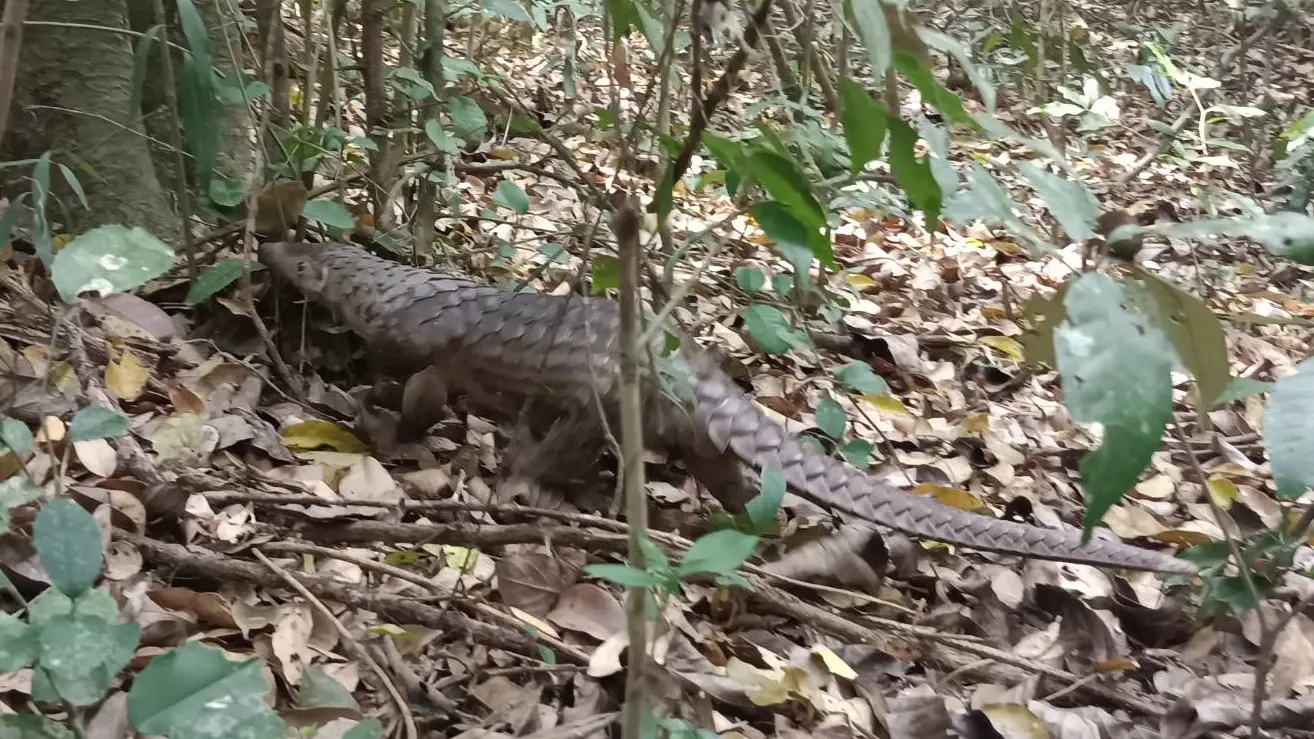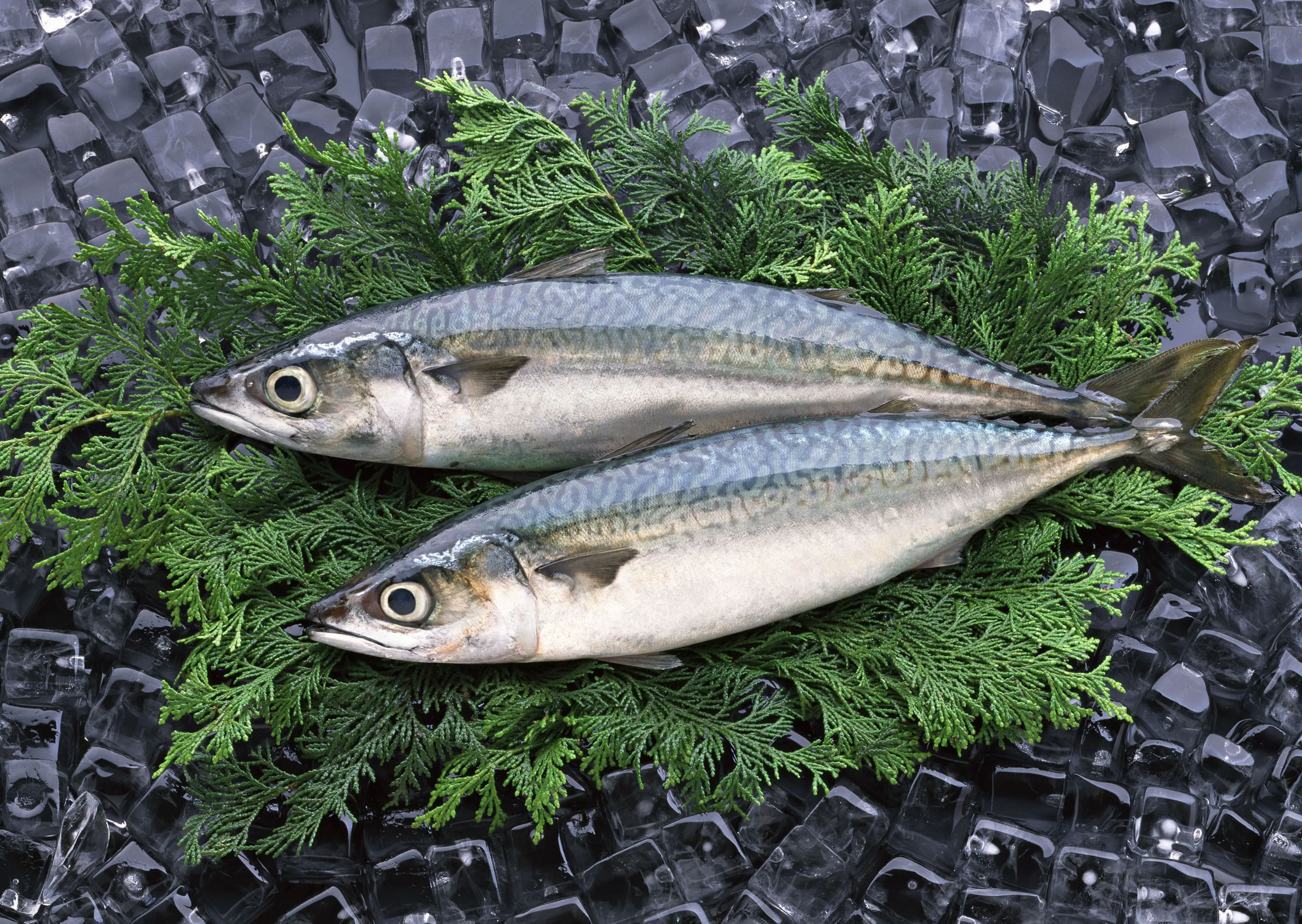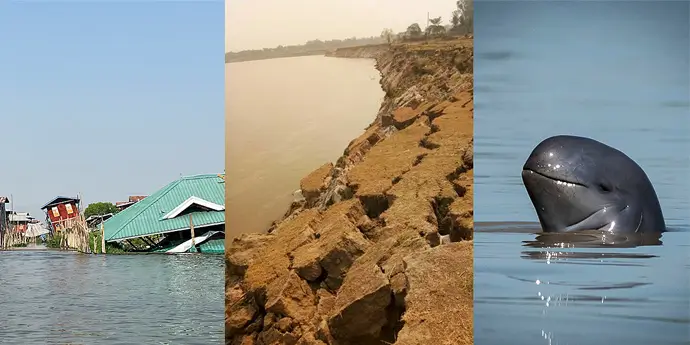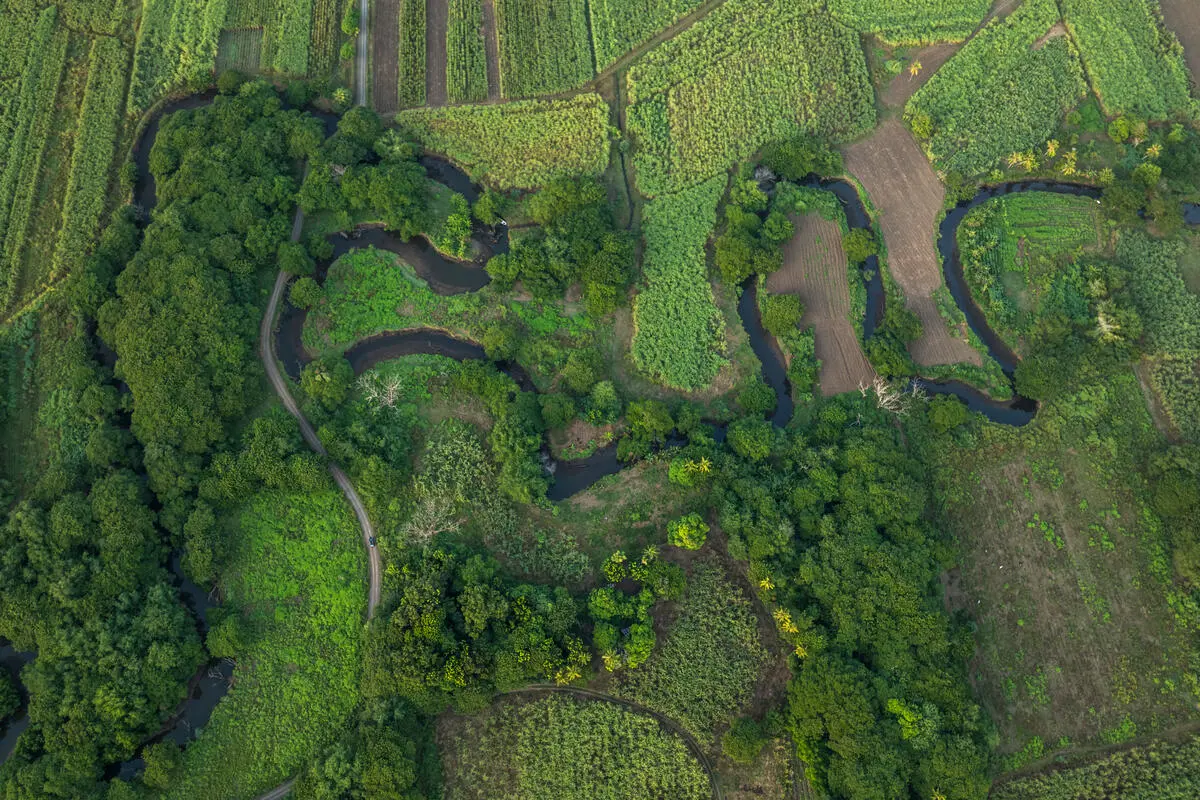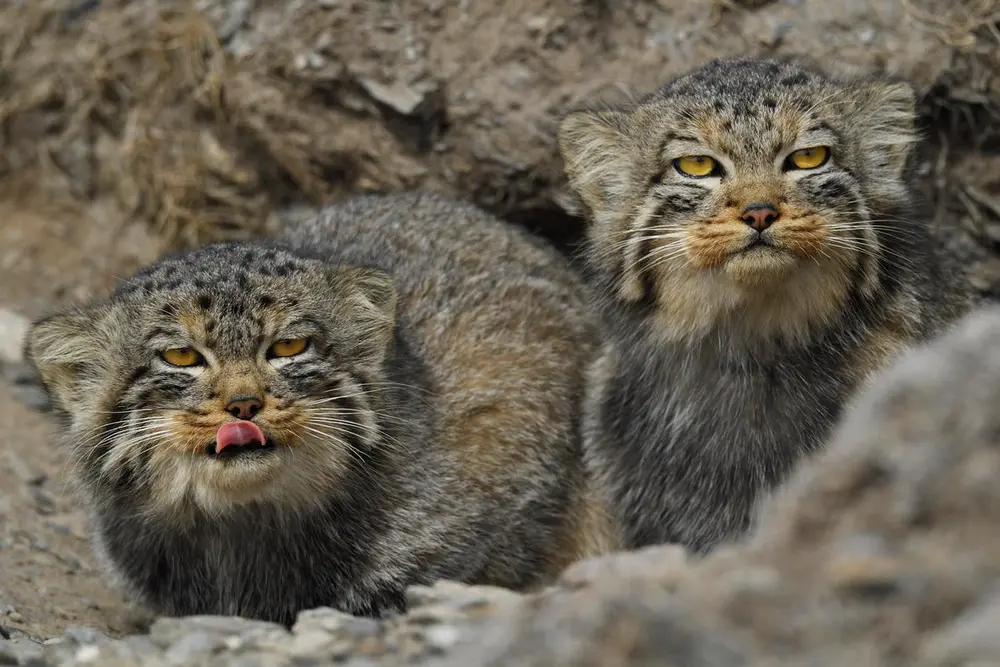トラを絶滅から救うターニングポイント-人員と資金が確保された早急な行動が必須
2010/11/21
※2023 年 6 月 26 日をもって、WWFロシア(Vsemirnyi Fond Prirody)はWWFネットワークから離脱しました。
Media statement 2010年11月21日
【ロシア・モスクワ:仮訳】2010年11月21日から24日まで、サンクトペテルグルクで開催される歴史的な国際会議「世界トラ保護会議(International Tiger Conservation Forum)」に出席する政府首脳陣は、このフォーラムが早急な行動をともなった共同計画を後押しすることにより、トラ保護との戦いのターニングポイントとなるよう、そしてこの計画には、大きく長期的な影響力を作り出す必要な人員と資金的支援が含まれるよう、努める必要がある。
WWFトラ保護プログラム・リーダーのマイク・バルツァー(Michael Baltzer)は次のように言う。「提案されている『世界トラ回復プログラム(Global Tiger Recovery Programme=GTRP)』の計画と『首脳宣言(Leader’s Declaration)』には、トラ保護への正しい意志とトラ保護を望んでいることが示されている。
しかし、この会議はトラを救うための世界的な試みの出発点となるべきである。私たちは、この会議が政府による確固たる計画を採択するだけでなく、強い政治的意志と早急な行動をともなった計画を支援する資源を確保するという結論に至ることに期待している。なぜなら、適切な規模の人員と資金支援なしには、トラを救うことはできないからだ。
『世界トラ回復プログラム』の初期段階に必要な資金は3億5000万ドルである。これは、トラが生息する国が、世界銀行の「グローバル・タイガー・イニシアチブ(Global Tiger Initiative)」やGEF(Global Environment Facility)、WWFを含む他のトラ保護パートナーの支援を得て準備されている。
このほか3,500万ドルが、トラの生息数が回復するのにもっとも緊急で重要資金として必要とされる。これはPLoS Biologyが発表した最近の研究に基づいて、現在残っているトラの生息地の保護とモニタリングに不足している資金である。
トラを回復させるにはトラが生息する国々の広大な地域を保全する資金が必要である。充てられる資金のすべてが、何百万という人々にとって重要な生物多様性を保全する鍵となる、重要な生態系の保全に貢献することになる。これが支援国や支援組織がサミットで重要な役割を担う理由である。
『世界トラ回復プログラム』は、トラ生息国により考案されている。作成には1年以上を費やし、数十年にわたる狩猟と生息地である森林破壊からトラが回復することを支援する総合的な活動計画を作り上げた。首脳たちは、これを承認するためにサンクトペテルグルクに集まる。しかし、これは始まりにすぎない」
WWFの事務局長ジム・リープは、「野生のトラの個体数を倍増させる共同計画のために、これらの国が一堂に会すること自体が記念すべきことである。
これは初めての試みであり、各国政府がこの高尚な動物が危機状況にあることを認めた証である。ここに集まるトラ生息国と支援国すべてが、立ち上がり早急な行動をとることを宣言しなければならない。
世界がこの会議に注目している。なぜなら世界の人々がトラの置かれた危機的な状況に気づいているからだ。そして人々は、トラを救うことができれば、もっと多くのものを救うことができることにも気づいている。それは、他の多くの種や何億もの人々が生きるアジアの森林である」と述べている。
この会議への準備過程で、政府はトラを保護するための重要な一歩を今年、実施することを決定している。例えば、最近、ロシア政府はチョウセンゴヨウ(ベニマツ)の伐採を禁止した。これは、アムールトラの重要な生息地を保全するという決定である。
「チョウセンゴヨウの伐採禁止は、アムールトラにとって寅年の最高のプレゼントである。チョウセンゴヨウの実は、イノシシなどトラの獲物となる動物にとって重要な食料となるため、トラを保護するうえで極めて重要である」とWWFロシアのイゴール・チェスティン(Igor Chestin) CEOは言う。
WWFロシアは、チョウセンゴヨウの伐採禁止を、ロシアでのトラ保護に必要な手段としてリストに加え、2010年夏に、ロシア政府の天然資源環境省(Ministry of Natural Resources and Environment)に提出していた。
今回の会議は、1年にわたる政治的プロセスのクライマックスであり、11月21日サンクトベテルブルクで始まった。主催はウラジミール・プーチン首相である。
サミットでは、各国の首脳が、「世界トラ回復プログラム(GTRP)」を承認し、次の寅年である2022年までに野生のトラの個体数を倍増させる行動を起こすことに合意する「首脳宣言」に署名する。
原文
Quick action backed by manpower, cash could make Russia forum turning point for tigers - WWF
Moscow, Russia – Heads of government attending the historic International Tiger Conservation Forum in St. Petersburg this week/ must ensure the meeting is a turning point in the fight to save tigers by backing their joint plan with immediate action – and it must include the necessary manpower and financial backing to make a deep and lasting impact.
“The proposed Global Tiger Recovery Programme plan and Leader’s Declaration show that they have the right intentions and want to save tigers,” said Michael Baltzer, head of WWF’s Tigers Alive initiative.
“But the meeting must serve as a launching pad for global efforts to save tigers. We hope that the meeting will conclude by having governments not only adopt a solid plan, but showing strong political will and having secured the resources to back the plan up with immediate action.”
“Because frankly, without the appropriate scale of manpower and money, we’re going to keep losing tigers.”
The cost of the initial stage of the recovery programme, prepared by the tiger range countries with support from the Global Tiger Initiative of the World Bank, the Global Environment Facility and other tiger conservation partners including WWF, is USD 350 Million.
Of this total, the most urgent and critical to the recovery is the need for USD 35 Million to fill the current funding gap required to protect and monitor the last remaining refuges of tigers, based on recent study published in PLoS Biology.
Tiger recovery also will require funds to protect vast landscapes across countries where tigers live, so that every dollar spent will help protect critical ecosystems important for millions of people and key to maintaining biodiversity – which is why donor organizations and countries will play such an important role at the summit.
The Global Recovery Programme plan was developed by countries that have tigers, which took more than year to put together, and lays out a comprehensive set of actions to help tigers recover from decades of hunting and clearance of their forest homes. These leaders are meeting in St. Petersburg to endorse the plan, but this is just the beginning, Baltzer said.
“These countries coming together to create a joint plan to double the number of wild tigers is monumental in itself,” said WWF Director General Jim Leape.
“Nothing like this has ever happened before. It shows that governments recognise these magnificent animals are truly in peril. Every country represented here -- the tiger range states and donor countries -- must stand up and commit to immediate action”
“The world is watching because people everywhere care about the plight of tigers. And people know that if we save the tiger, we will save much more – the great forests of Asia which are home for many other species and for hundreds of millions of people.”
The process leading to the Forum has already resulted in governments taking major steps this year to protect tigers.
The Russian government, for example, recently adopted a ban on Korean Pine logging – saving crucial Amur tiger habitat.
“Ban on Korean pine logging is the best gift for the Amur tiger in the Tiger Year”, said WWF-Russia CEO Igor Chestin. “Korean Pine has a crucial importance for tiger conservation: its cones are fodder for wild boars, and wild boars are tiger’s prey”.
WWF-Russia had included a ban on Korean Pine logging a list of measures that must be taken in Russia for tiger conservation, and which were then presented to the Ministry of Natural Resources and Environment of Russia in summer 2010.
The Forum is the culmination of a year-long political process and starts Sunday in St. Petersburg, Russia hosted by Prime Minister Vladimir Putin.
At the summit, heads of government are expected to endorse the Global Tiger Recovery Programme (GTRP) and sign a Leaders’ Declaration, committing to take actions to double the number of tigers in the wild by 2022, the next Year of the Tiger.
For further information:
Ian Morrison, WWF International, imorrison@wwfint.org , +41 79 874 6853
Jamie Kemsey, WWF Tigers Alive initiative, jrkemsey@wwf.org.my, +60 12 245 6143



